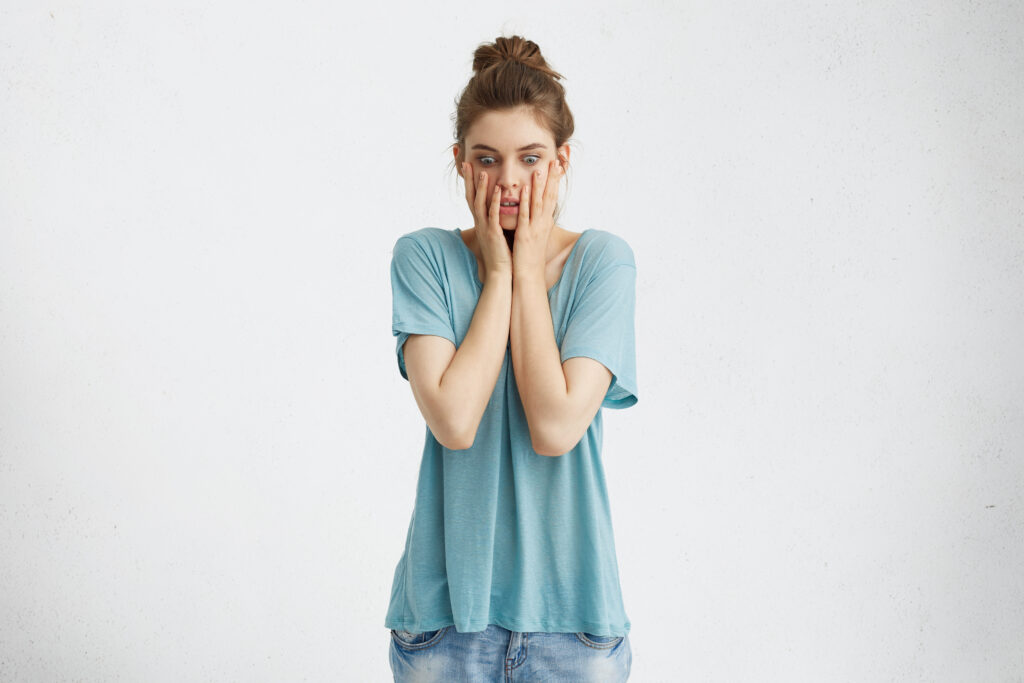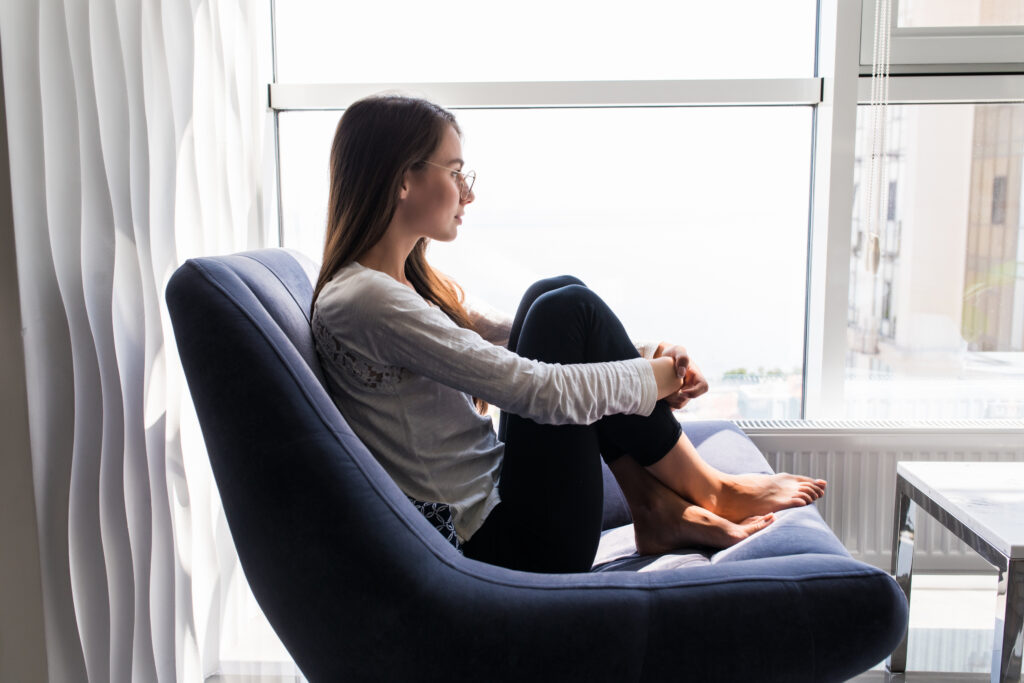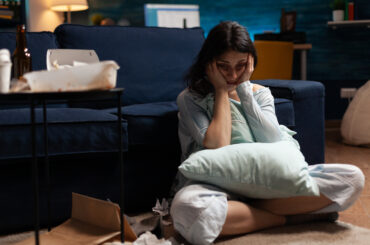Agoraphobia is the angst to be a part of a situation from which you might find it difficult to escape. You might get too scared with the feeling of being trapped in a place with no one around to help you.
You fear that no one will come ahead to help you if things go wrong, and you’ll have to suffer alone. Such thoughts further provoke your anxiety and may even lead to a panic attack within a few minutes.
A lot of people think that Agoraphobia is the fear of being alone in open spaces, but it is a lot more than that! A person may suffer an agoraphobia attack at public places like public transport or shopping malls.
Types of Phobia
The phobias of a person are broadly divided into two categories:
- Specific phobias
Such phobias include the fear of a particular thing like a plant, an animal, or an insect. Such phobias are genuine and general and do not require any treatment.
- Complex phobias
These are the phobias that one might develop with age. These phobias are more commonly related to mental health conditions and are more dangerous. The two most common complex phobias are:
It is a type of phobia where a person is scared of social situations and will generally try to avoid being in one. It becomes very arduous for such people to carry out activities like public speaking, speaking on phone or in groups, attending parties or trips, etc.
- Agoraphobia
Widely thought of as the fear of open spaces, but it is more convoluted than that. Such people feel anxious about being in a situation where getting out would be too difficult. People with Agoraphobia find it hard to leave their houses. It can also sometimes develop a panic attack.

Agoraphobia Causes
There is no known particular cause for agoraphobia. However, certain factors are known to trigger the condition and enhance the risk of developing an anxiety disorder. These factors are
- Accompanying phobias like claustrophobia or social gatherings phobia.
- Depression and anxiety disorders.
- A past incident like sexual or physical abuse.
- A family history of agoraphobia.
Agoraphobia symptoms to look for
Wondering what it feels like to be suffering from agoraphobia? Here are the symptoms to access and look for in yourself or your loved ones:
- Too scared to stay alone or spend some time alone.
- A person loses control and starts behaving weirdly in crowded places.
- Fear of being in big open spaces or public places.
- The person feels everyone is looking at them.
- The person might feel he/she will not be able to escape if danger arises.
- A panic attack can be faced by a person.
- The physical symptoms include chest pain, shortness of breath, dizziness, nausea, sweating, hot flushes, numbness, and others.
Agoraphobia Treatment
Agoraphobia can be cured and treated using one of these or a combination of the following treatments:
- Therapy
- Talk Therapy
Psychotherapy or talk therapy gives you the ability to talk to a therapist regularly to discuss your fears and unlikely thoughts. The therapist may prescribe medications to you. The talk therapy along with medications helps people recover quickly.
- Exposure Therapy
As the name suggests, as a part of this remedy, you will be exposed to the situations you fear the most. This therapy will make you overcome those fears with time.
- Cognitive-behavioral therapy
The CBT helps you understand the feelings and fears that are associated with Agoraphobia. A person is taught how to handle stressful situations by bringing in healthy thoughts.
- Medications
A person with Agoraphobia should consult their doctors as soon as they can. The doctor or therapist may provide them with medications to relieve the symptoms.
- Lifestyle Changes
Simple lifestyle changes like eating a healthy diet, exercising, and performing mindfulness activities like Yoga or meditation can help you overcome such problems.
Overall Outlook
Most people with Agoraphobia are known to recover with the right treatment. Since the problem starts interfering with one’s daily chores, it is always suggested to consult a doctor.






